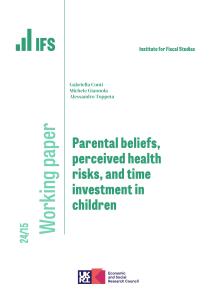Objective
We aimed to determine the timing and size of the cognitive deficit associated with poverty in the first 5 years of life and to examine the role of parental characteristics, pre- and postnatal growth, and stimulation in the home in Bangladeshi children. We hypothesized that the effect of poverty on cognition begins in infancy and is mainly mediated by these factors.
Methods
We enrolled 2853 singletons, a subsample from a pregnancy supplementation trial in a poor rural area. We assessed mental development at 7, 18, and 64 months; anthropometry at birth, 12, 24, and 64 months; home stimulation at 18 and 64 months; and family’s socioeconomic background. In multiple regression analyses, we examined the effect of poverty at birth on IQ at 64 months and the extent that other factors mediated the effect.
Results
A mean cognitive deficit of 0.2 (95% confidence interval –0.4 to –0.02) z scores between the first and fifth wealth quintiles was apparent at 7 months and increased to 1.2 (95% confidence interval –1.3 to –1.0) z scores of IQ by 64 months. Parental education, pre- and postnatal growth in length, and home stimulation mediated 86% of the effects of poverty on IQ and had independent effects. Growth in the first 2 years had larger effects than later growth. Home stimulation had effects throughout the period.
Conclusions
Effects of poverty on children’s cognition are mostly mediated through parental education, birth size, growth in the first 24 months, and home stimulation in the first 5 years.









